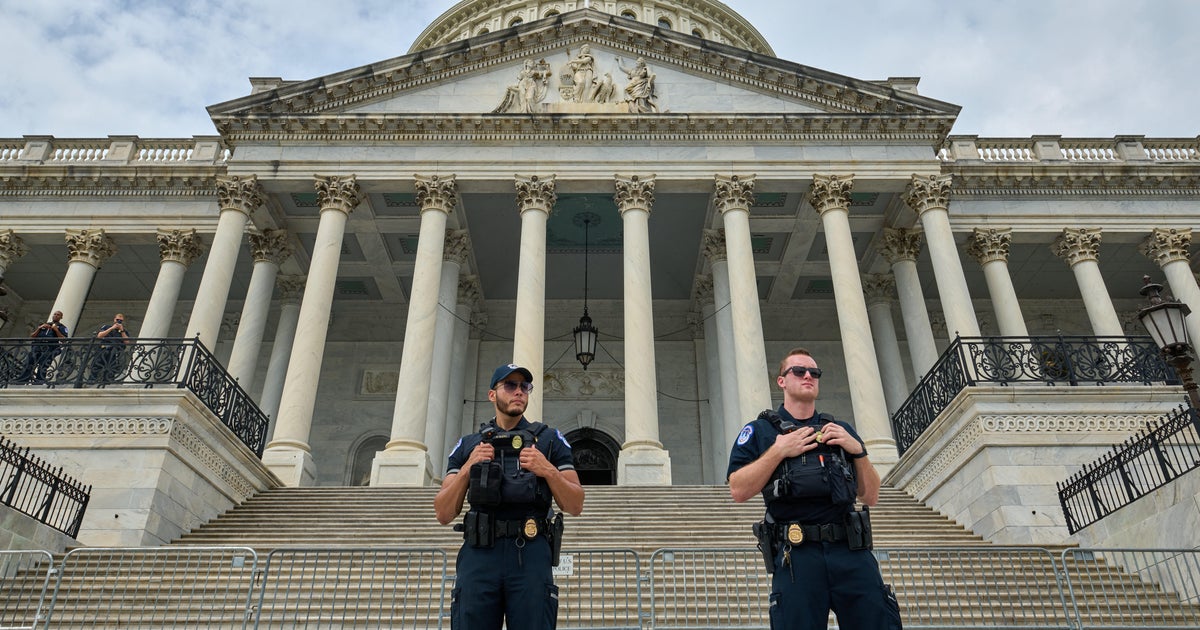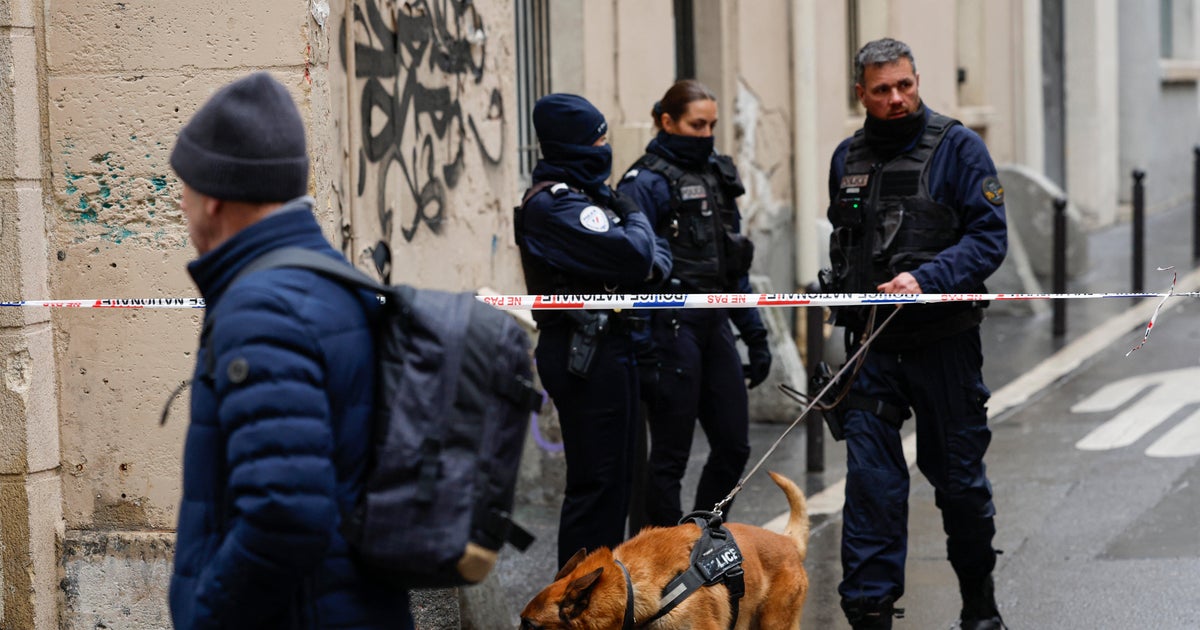NAACP president says "criminal justice system is on trial" along with Derek Chauvin
The eyes of the nation are fixed on the trial of Derek Chauvin, the fired Minneapolis officer charged in the death of George Floyd, which spurred a wave of protests across the country against police brutality and racial violence over the summer. Derrick Johnson, the president of the NAACP, believes that the country's criminal justice system is on trial, too.
"When we consider this trial, we must recognize that our criminal justice system is actually on trial. The right to breathe as a Black man is on trial," Johnson said in an interview with CBS News chief Washington correspondent Major Garrett in this week's episode of "The Takeout" podcast.
Chauvin, who was captured on video kneeling on Floyd's neck for over nine minutes, is charged with second-degree murder, third-degree murder and second-degree manslaughter. He has pleaded not guilty. Three other officers involved in the fatal arrest are charged with aiding and abetting and will be tried jointly in August.
Highlights from this week's episode:
- NAACP President Derrick Johnson on the Chauvin trial: "When we consider this trial, we must recognize that our criminal justice system is actually on trial. The right to breathe as a Black man is on trial.
- Officers who arrested Floyd making assumptions about him and his community: "That's called racism. When you automatically assume the most negative characteristic of about an individual or a community based on their physical features, that's called racism."
- Chauvin's right to receive a fair trial: "We afford all citizens due process. We should always have a system to adjudicate injuries and harms, and to ensure that we have a justice system that is both transparent and accountable. That's something that George Floyd was not afforded. That's why this whole scenario is so appalling."
- Recent state laws limiting voting rights: "What we're watching now is a suppression of the vote based on partisanship."
Johnson argued that Floyd did not pose any risk to the officers who arrested him, and noted that he had only been accused of using a counterfeit $20 bill.
"It should not have been his sentence to death," Johnson said. He argued that, if the officers feared for their lives because they were in a neighborhood they considered to be dangerous, then they should not have been sent to represent and protect that community.
"That's called racism. When you automatically assume the most negative characteristic of about an individual or a community based on their physical features, that's called racism," Johnson said.
Of Chauvin's trial, he said, "We afford all citizens due process. We should always have a system to adjudicate injuries and harms, and to ensure that we have a justice system that is both transparent and accountable. That's something that George Floyd was not afforded. That's why this whole scenario is so appalling."
Johnson thinks that Floyd's death unleashed so many protests because of a combination of factors — three and a half years of President Trump, heightened partisan division, and "acceptance of white supremacist dogma in the White House." Combined with the stress of a pandemic, "those were ingredients for an eruption," he added.
He was gratified to see the protests over the summer "looked like America," with people of all ages, races and genders joining to protest against racial injustice. Opponents of the protests were trying to create a "counter-narrative" that focused more on the few incidents of violence and rioting, instead of the overwhelmingly peaceful demonstrations, John said. He called antifa a "fictitious group" and "a communications strategy to divert the attention from a value proposition that Black lives matter."
Johnson also discussed the recent spate of proposed state laws that would limit voting rights, which critics argue disproportionately affect Black voters. He discussed a sweeping new law in Georgia that imposes new restrictions on voting.
"Access to voting should be paramount in this nation," Johnson said. "What we're watching now is a suppression of the vote based on partisanship."
For more of Major's conversation with Johnson, download "The Takeout" podcast on Art19, iTunes, Spotify, Google Podcasts, and Stitcher. New episodes are available every Friday morning. Also, you can watch "The Takeout" on CBSN Friday at 5pm, 9pm, and 12am ET and Saturday at 1pm, 9pm, and 12am ET. For a full archive of "The Takeout" episodes, visit www.takeoutpodcast.com. And you can listen to "The Takeout" on select CBS News Radio affiliates (check your local listings).
Producers: Arden Farhi, Jamie Benson, Sara Cook and Eleanor Watson
CBSN Production: Eric Soussanin, Julia Boccagno and Grace Segers
Show email: TakeoutPodcast@cbsnews.com
Twitter: @TakeoutPodcast
Instagram: @TakeoutPodcast
Facebook: Facebook.com/TakeoutPodcast



